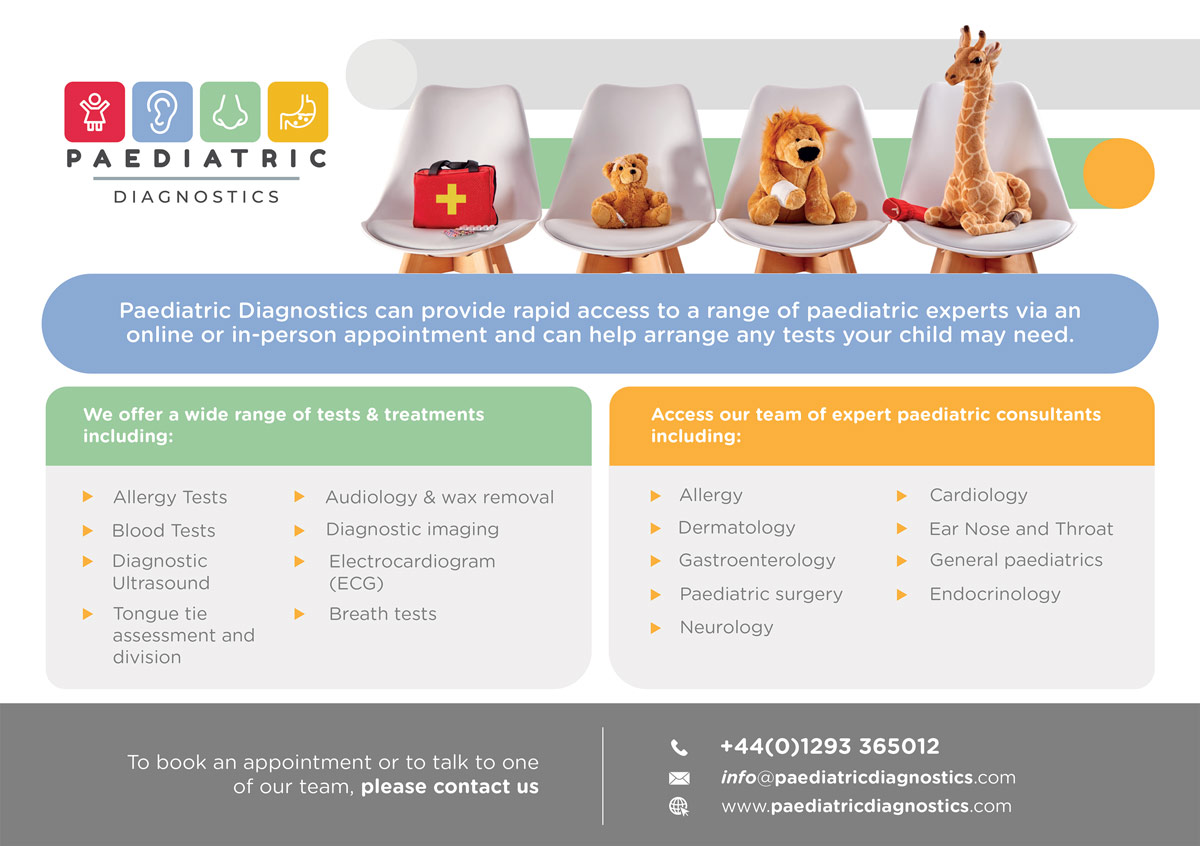Understanding Palpitations in Children

It can be alarming to hear your child mention a “fluttering” or “racing” sensation in their chest. These sensations, known as palpitations, are typically brief and harmless. However, they can occasionally signal an underlying health issue that warrants medical attention.
Palpitations occur when the heart beats irregularly or faster than usual. In children,
they may be triggered by exercise, stress, fever, caffeine, dehydration, or certain medications. Often, these episodes are benign and resolve on their own without treatment.
That said, parents should pay attention to accompanying symptoms. Seek advice from a paediatrician if your child’s palpitations are persistent or linked with dizziness, fainting, chest pain, or shortness of breath. A family history of a serious heart condition or an arrhythmia (abnormal heart rhythm), might be a pointer to heart disease in some situations.
Simple measures like reassurance by creating a calm environment and avoidance of stimulants such as caffeine can help most children. It is also important to encourage hydration and balanced nutrition to support heart health.
Suspicion of an underlying cardiac arrhythmia or congenital heart disease requires evaluation by a Paediatric Cardiologist. Diagnostic tests like an electrocardiogram (ECG), Holter monitor, or an echocardiogram can help pinpoint the cause. Early diagnosis and management ensure effective treatment and peace of mind.
While most palpitations are benign, trust your instincts as a parent. If something feels off, don’t hesitate to consult your healthcare provider. A Paediatric Cardiologist’s expertise can rule out serious issues and provide tailored
care, ensuring your child’s heart stays strong and healthy.







